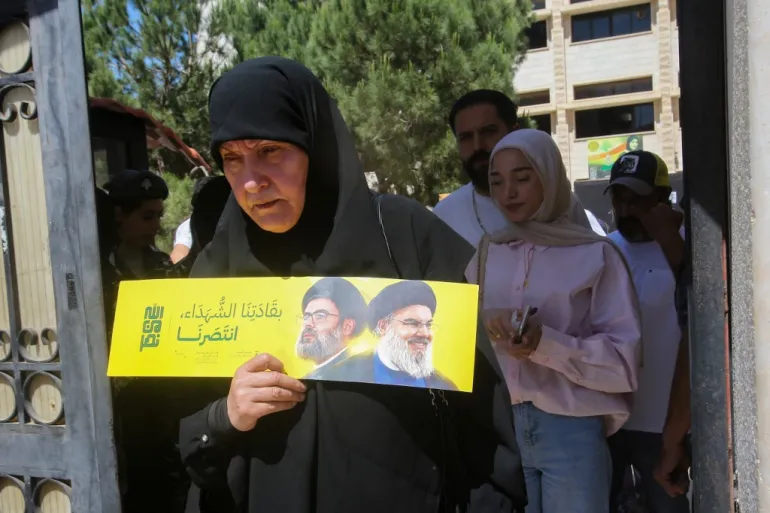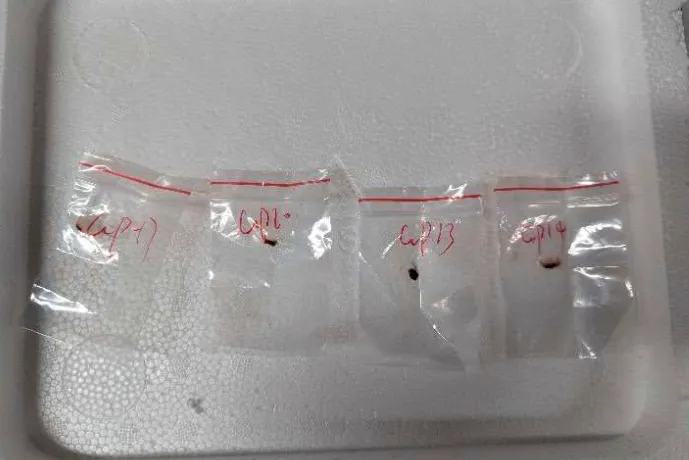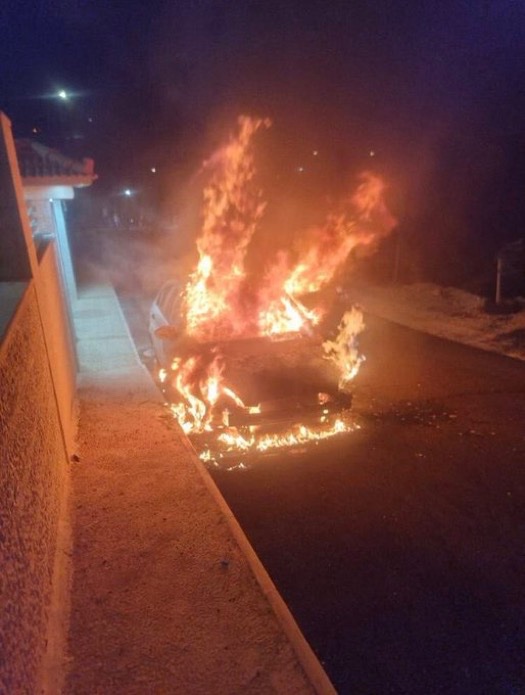In Lebanon’s recent municipal elections, Hezbollah has managed to maintain its grip across key areas, particularly in the country’s south and parts of the Beqaa Valley, despite deepening national economic and political instability. The group’s performance underscores its enduring organizational strength and popular base, even as Lebanon as a whole grapples with crisis upon crisis.
The elections, held over several weekends in different governorates, offered a rare glimpse into the shifting political dynamics at the local level. They are the first municipal polls since 2016, delayed multiple times due to the country’s financial meltdown and political paralysis. With national institutions barely functioning and parliament still unable to elect a new president, these local contests took on outsized significance.
According to local observers and analysts, Hezbollah ran a tight, coordinated campaign, often forming joint lists with its ally Amal Movement, ensuring its dominance in areas traditionally under its influence. In contrast, many independent and opposition-backed candidates struggled to overcome entrenched party structures, limited funding, and voter apathy.
“While the rest of Lebanon’s political scene is fragmented and weak, Hezbollah’s structure remains robust,” said political analyst Ali Mourad. “This gives them a significant advantage at the municipal level where grassroots organizing matters.”
In areas like Nabatieh, Baalbek, and southern Beirut suburbs, Hezbollah-led coalitions easily swept council seats. Turnout, however, was uneven. In strongholds, participation was relatively high, driven by mobilization campaigns and communal loyalty. But in Beirut and Mount Lebanon, turnout was sharply lower, reflecting growing public disillusionment with the political class.
For many voters, the local elections were more about basic services and survival than ideology. Years of economic collapse, currency devaluation, and infrastructure decay have left citizens desperate for functioning municipalities capable of delivering water, electricity, and waste management.
“People aren’t voting out of political enthusiasm anymore,” said a resident of Tyre. “They just want someone to fix the roads and collect the garbage.”
Despite mounting international criticism of Hezbollah’s role in Lebanon and the broader region—especially its involvement in cross-border tensions and alignment with Iran—the group remains a dominant player domestically, particularly where state institutions have failed to deliver.
Independent candidates, many of whom emerged from the 2019 protest movement, made limited gains in certain districts but lacked the resources and alliances needed to mount serious challenges nationwide. Some blamed the legal framework, which favors established parties, and widespread allegations of vote-buying and intimidation in certain areas.
In one notable race in Beirut’s Ashrafieh district, a coalition of secular and independent groups performed better than expected, winning several seats and signaling that alternative voices can still emerge in Lebanon’s fractured political landscape—though mostly in urban, mixed-sectarian areas.
Hezbollah, for its part, framed its municipal victories as a mandate to lead in reconstruction and service provision, at a time when Lebanon is still struggling to unlock international financial assistance due to stalled reforms and lack of political consensus.
The elections also served as a proxy battleground for national political factions in a country still without a functioning government or president. Many observers noted that while Hezbollah thrives at the local level, the broader Lebanese state remains in paralysis, with no clear path forward.
Western diplomats and international organizations monitoring the elections raised concerns over irregularities, including lack of transparency in some districts, unequal media access, and limited oversight mechanisms. Still, most agreed the vote was a crucial exercise in local democracy, even if imperfect.
As Lebanon continues to reel from economic freefall, deteriorating public services, and geopolitical pressure, Hezbollah’s dominance in municipal governance is likely to shape how aid, infrastructure, and development are distributed in large parts of the country—further reinforcing its dual role as both political actor and parallel service provider.
Source: Al Jazeera



